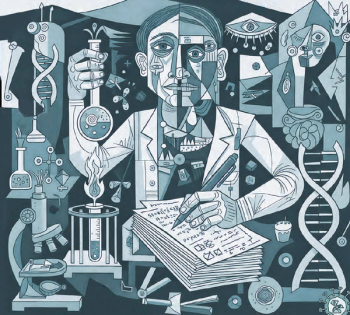
COVID-19 Shines A Spotlight on Health Inequalities
COVID-19 not only amplifies, but also triggers further health disparities and inequalities.
In recent weeks, COVID-19 news has continued to be front and center. And one thing is for certain—COVID-19 is deeply impacting.
More and more, this pandemic had shed light upon the long-standing health inequalities that exist. These socio-economic, ethnic, and geographical inequalities are not unique to the United States, and yet we have seen an overwhelming amount.
A
In this current pandemic, ethnic inequalities have been shown across the globe, such as those higher rates of critical illness in Black, Asian, and minority ethnic (BAME) peoples in Wales and the UK, despite accounting for only 14% of the population. The researchers noted that minority ethnic groups and those in marginalized groups, such as homeless people and street-based sex workers, are more likely to experience co-existing non-communicable disease at an earlier age and in a more severe form.
The authors noted that “The social determinants of health also work to make people from marginalized communities more vulnerable to infection from COVID-19—even when they have no underlying health conditions. Decades of research into the psychosocial determinants of health have found that the chronic stress of material and psychological deprivation is associated with immunosuppression.”
The authors also discuss how the economic crisis and lockdown challenges during the pandemic have highlighted these existing inequalities, but is also likely to result in increases in mental ill health, suicide and death, but also morbidity.
Those impacted by unemployment or inability to work remotely are then at risk for further morbidities or exacerbation of existing health inequalities. “Both then and now, these inequalities have emerged through the syndemic nature of COVID-19—as it interacts with and exacerbates existing social inequalities in chronic disease and the social determinants of health. COVID-19 has laid bare our longstanding social, economic and political inequalities - even before the COVID-19 pandemic, life expectancy amongst the poorest groups was already declining in the UK and the USA and health inequalities in some European countries have been increasing over the last decade.”
Ultimately, as the authors emphasize and what so many of us have seen, is that events like COVID-19 not only amplify, but also trigger further health disparities and inequalities.
Focused and additional efforts must be undertaken to care for marginalized populations and seek to address health inequalities both in times of struggle, like a pandemic, but also outside of events that can widen these inequalities.
Newsletter
Stay ahead of emerging infectious disease threats with expert insights and breaking research. Subscribe now to get updates delivered straight to your inbox.

































































































































